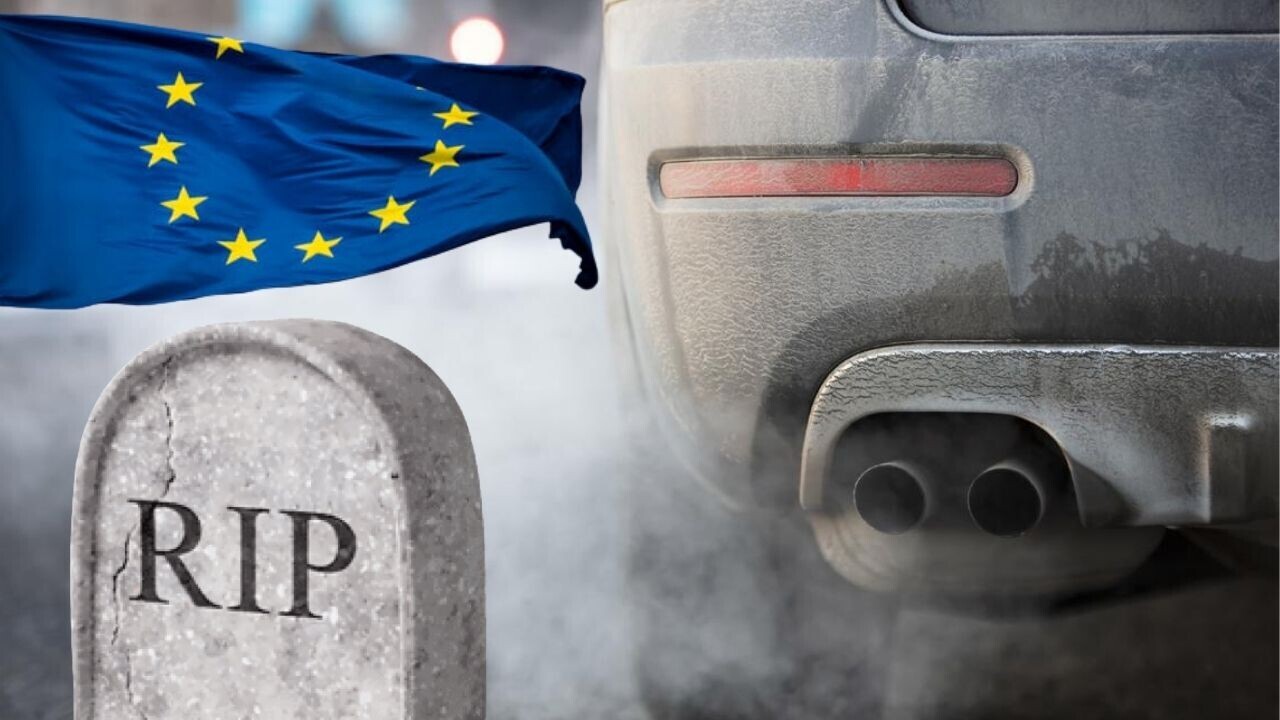
On Wednesday, the European Union spelled doom for petrol and diesel cars, proposing to ban the sale of new “traditional vehicles” by 2035.
The ban is part of the “Fit for 55” climate package measures that aim to combat global warming.
The European Commission made the following encouraging proposals:
- CO2 emissions from motor vehicles must drop by 55% by 2030, and reach zero by 2035.
- Plug-in hybrids will count as low-emission vehicles until 2030.
This means that, by 2035, all new vehicle registered within the 27-country bloc will be battery-powered. Such vehicles currently make up about a tenth of new registrations in the EU.
To facilitate this large-scale transition, the Commission also proposed legislation that would call for countries to install public charging stations on major public roads, with a maximum distance of 60km between one another — by 2025.
If this is to pass, the EU expects 16.3 million public charging points by 2050, and estimates an overall cost of $95 billion – $142 billion for private and public chargers by 2040.

This inspiring move by the European Commission is nevertheless bound to attract controversial responses.
Member states such as France, Germany, Italy, and Spain might not be too eager to embrace it, given that they have large industries manufacturing internal combustion engine and hybrid vehicles, which also support thousands of jobs.
As far as automakers go, the VW Group and the Stellantis Group (which have dozens of automotive brands between them) seem to favor the legislation, as they have already committed to electrification by roughly the same deadline. Renault and BMW, however, have been investing big on hybrids, which under the proposed measure hold their low-emission status only for the next nine years.
In any case, nothing’s set in stone yet. The Commission’s proposals will need to first be negotiated and approved by both the EU member states and the European Parliament — and this could take around two years. So don’t hold your breath.
Do EVs excite your electrons? Do ebikes get your wheels spinning? Do self-driving cars get you all charged up?
Then you need the weekly SHIFT newsletter in your life. Click here to sign up.
Get the TNW newsletter
Get the most important tech news in your inbox each week.




